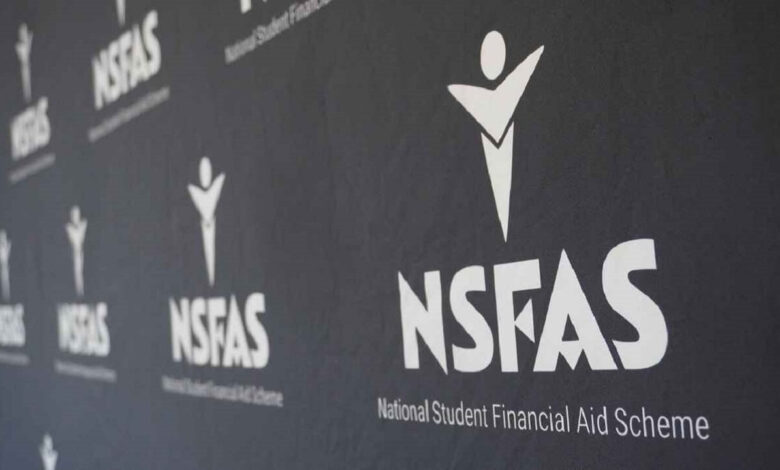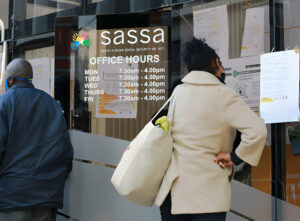The National Student Financial Aid Scheme (NSFAS) found itself under intense scrutiny during a parliamentary session on Wednesday, where officials revealed concerning gaps in student accommodation accreditation and received an adverse audit opinion for the 2021/22 financial year.
Acting CEO of NSFAS, Masile Ramorwesi, disclosed that a staggering 36,170 student beds at tertiary institutions nationwide await accreditation by the scheme. This deficit, he explained, comprises 27,920 beds in universities and 8,250 in Technical Vocational Education and Training (TVET) colleges. Despite NSFAS’s efforts to address this issue, it remains a pressing concern as the academic year commences.
In response to these challenges, NSFAS has enlisted the support of four “solution partners” to expedite the accreditation process and appointed 39 “accrediting agents” to facilitate property inspections. However, concerns were raised regarding the pace of accreditation, particularly highlighted by the plight of students at the Cape Peninsula University of Technology reported by GroundUp.
During the parliamentary session, DA MP Chantel King questioned NSFAS’s capacity to accelerate accreditation, prompting Ramorwesi to acknowledge existing capacity constraints. He cited difficulties in confirming student registrations, managing a surge in accommodation providers requiring inspection, and addressing a backlog in accreditation.
Furthermore, the Auditor-General’s adverse audit opinion for the 2021/22 financial year added to NSFAS’s woes. Ignatius Fourie, a senior manager in the Auditor-General’s office, attributed the adverse opinion to material misstatements in financial statements and pervasive errors identified during the audit. These discrepancies, he noted, undermined the reliability of NSFAS’s financial figures.
The root cause of NSFAS’s audit shortcomings, according to Fourie, lies in inadequate organizational capacity and systems to manage the scheme’s rapid expansion since 2018. Despite previous years’ warnings, systemic weaknesses persisted, exacerbated by the entity’s evolving responsibilities without corresponding structural adjustments.
Acting NSFAS chair, Prof Lourens Van Staden, acknowledged the capacity challenges, attributing them to executive management vacancies and overloaded portfolios. However, he emphasized that these issues stem not from incompetence but from structural deficiencies.
As NSFAS grapples with accreditation delays and audit setbacks, parliamentary oversight and public scrutiny are vital to ensure accountability and the effective delivery of financial aid to students in need. Addressing these challenges demands concerted efforts from NSFAS, educational institutions, and government stakeholders to safeguard the right to education for all South African students.














